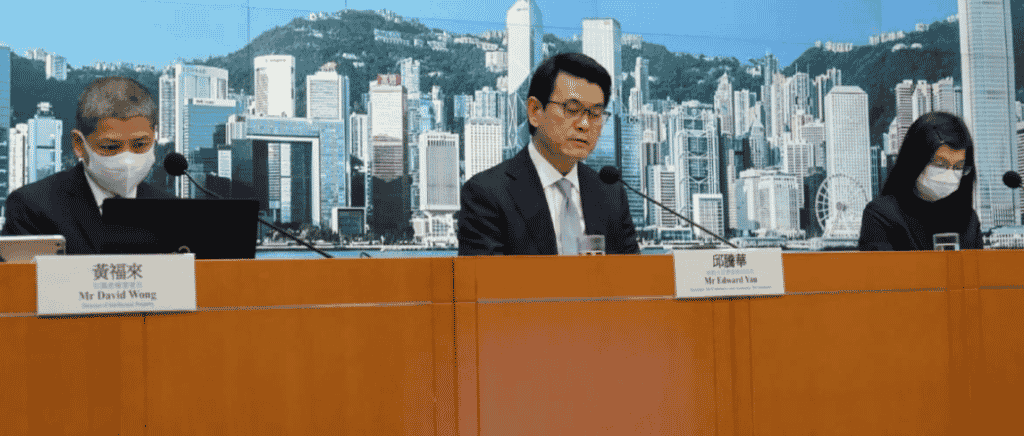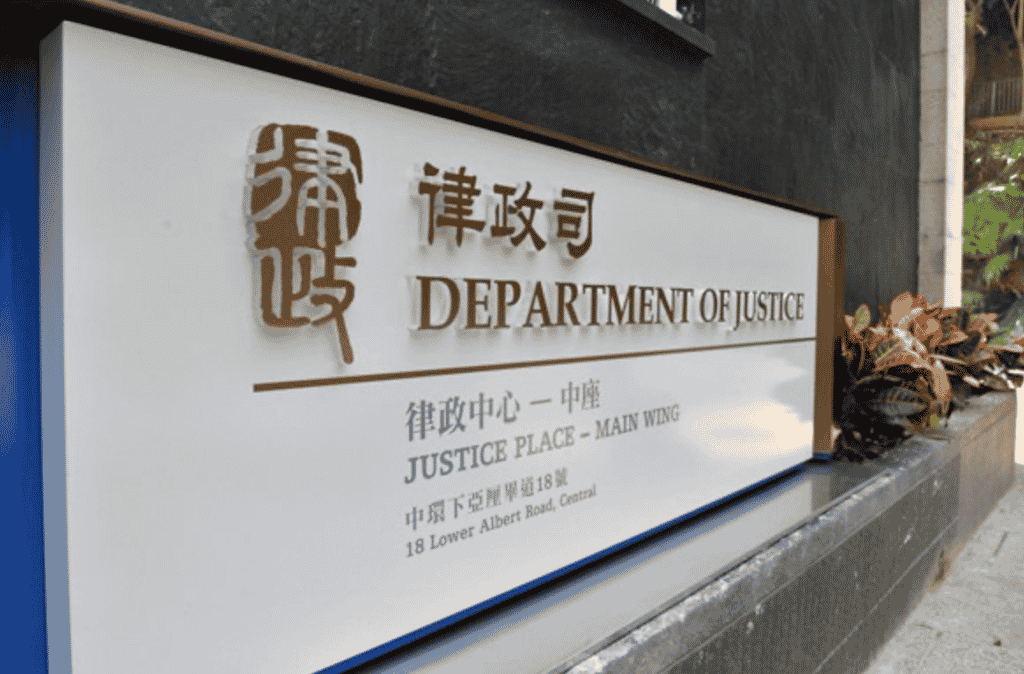"Governance and Political System" Thematic Research Series
Youth participation in society can help enhance their sense of responsibility and belonging, unleash their creativity and uniqueness, and realize their vision for the future of society, which is an important element for the sustainable development of society. For decades, issues related to youth participation have attracted attention from the international community.
This study mainly explores the participation of young people in social and public affairs in Hong Kong. The scope of social public affairs is vast, and the research focuses on understanding participation in the form of positions, that is, relevant participation, including time investment, responsibility assuming, serving groups, and decision-making participation, etc.
This study collects data through random sampling of youth opinion surveys in Hong Kong, youth case interviews, and interviews with scholars and senior public service personnel to summarize the difficulties, obstacles and needs of youth participation in public affairs, hoping to help promote youth participation in public affairs. Arrangements and measures for business positions and make feasible suggestions.
The Hong Kong Youth Opinion Survey was conducted from July to August 2015, successfully interviewing 520 young people aged 18 – 34; Youth case interviews were conducted in July, with a total of 20 young people interviewed; Interviews with scholars and senior public service personnel were conducted in July By August, a total of 5 relevant social figures were interviewed.
Main results of the study
- Young people recognize the value of holding public affairs positions.
- Young people view themselves as having a positive relationship with society, but they do not believe that they have the power to influence social policies.
- The main reason why young people are willing to take up public affairs positions is that they hope to improve society; while the main reason why young people are unwilling to participate is because of personal limitations.
- Young people have requirements for the abilities of those who hold public affairs positions; they also hope to obtain relevant training.
- Young people don’t think they trust the government.
Research main recommendations
- Increase the proportion of young members within the advisory structure.
- Promote workplace public affairs to participate in a friendly culture.
- Host global youth engagement exchange forums or conferences.
- Open a dialogue platform.
- Provide training opportunities.



